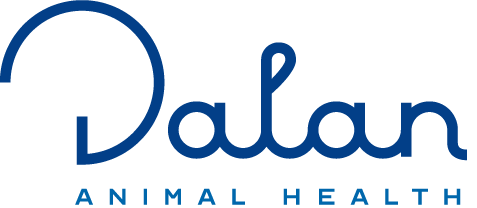ATHENS, Ga.– Dalan Animal Health, Inc. (“Dalan”), the biotech company pioneering insect health with the world’s first honey bee vaccine, is proud to announce its first product shipment to a commercial beekeeper. The shipment is for Trevor Tauzer of Tauzer Apiaries in California and contains 500 doses, potentially protecting 25 million bees at an average of 50,000 bees per hive.
This milestone follows the U.S. Department of Agriculture (USDA) granting a conditional license to Dalan’s first-in-class honeybee vaccine earlier this year. The vaccine is indicated to protect honeybees against the devastating American Foulbrood disease caused by the bacteria Paenibacillus larvae.
Honeybees are a critical component of agriculture. One-third of the global food supply relies on pollination, and healthy commercial hives are essential to secure high crop yields. However, honeybee colonies are plagued by American Foulbrood, with previously no safe and sustainable solution for disease prevention. Overt clinical cases of American Foulbrood are notifiable in the USA and Canada, and the only treatment method to limit the further spread of disease to other colonies relies on the incineration of bees and infected hives and equipment.
Tauzer, also a board member of the California State Beekeepers Association, said, “We are excited about the arrival of Dalan’s honey bee vaccine. This innovative solution will help honeybees prevent infection, avoid treatments, and focus on other crucial aspects of maintaining our bee’s health”. Tauzer plans to sell vaccinated queen bees through his queen-producing operation, Honey Bee Genetics, beginning this year. Queens can be purchased at honeybeegenetics.com
Dr. Annette Kleiser, CEO of Dalan Animal Health, emphasized the importance of the vaccine, stating, “Our mission is to protect our pollinators and promote sustainable agriculture. As global population growth and climate change continue, honeybee pollination will be increasingly vital to secure our food supply. This vaccine is a game-changer in safeguarding honeybees, and we’re excited to be at the forefront of revolutionizing insect care, which will ultimately impact global food production.”


